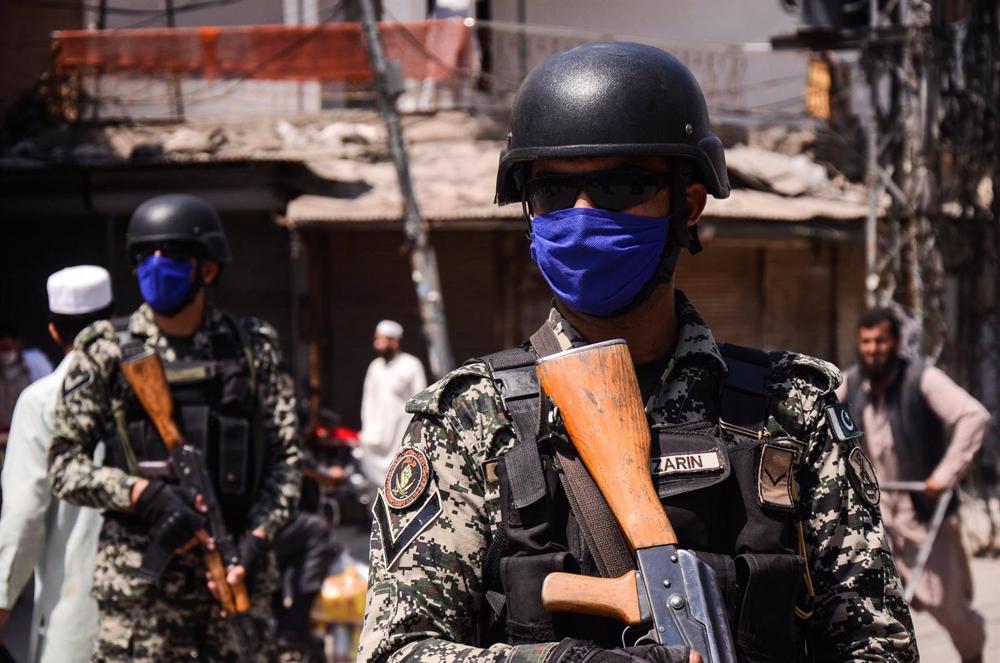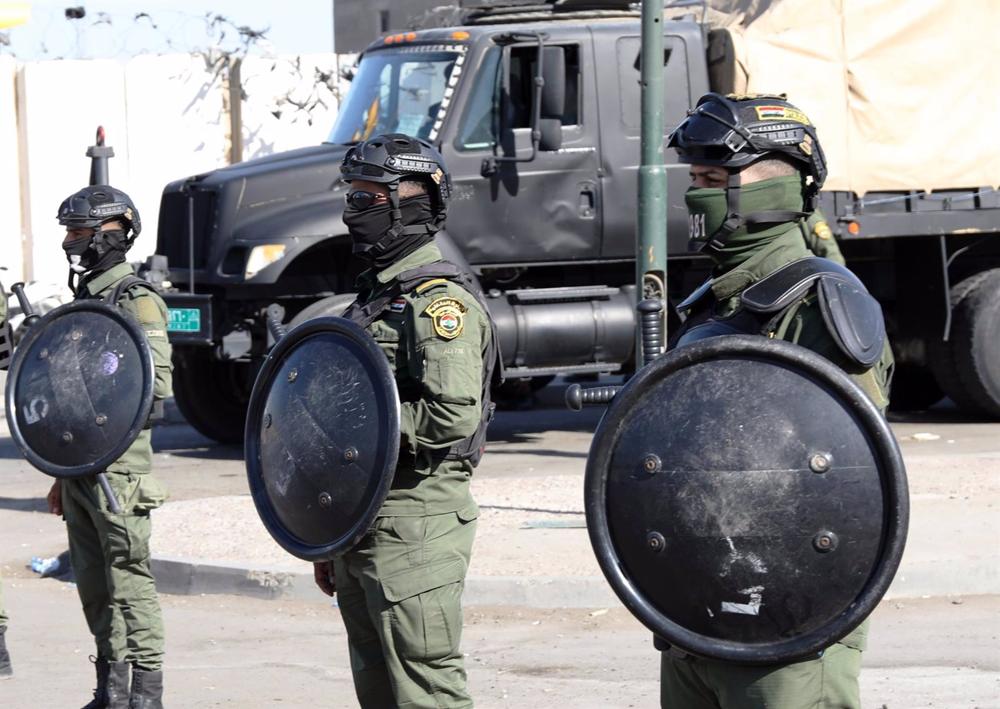
Pakistan’s National Counter-Terrorism Authority has claimed that Tehrik-i-Taliban Pakistan (TTP), known as the Pakistani Taliban, expanded its networks during peace talks with the government and added that the U.S. withdrawal from Afghanistan allowed it to increase its activities in the neighboring country, nearly two weeks after the armed group announced the end of the ceasefire.
The agency has told the Pakistani Senate Interior Committee that the group «significantly» increased its capabilities and the «magnitude» of its activities during this period, which has led to a rise in the terrorist threat in the Central Asian country, Pakistan’s ‘The News’ newspaper reported.
He has called for support to local authorities to reinforce the fight against the group and has unveiled the deployment of security reinforcements to increase patrols, while stressing that the arrival of winter could cause militiamen to leave mountainous areas on the border with Afghanistan.
The Pakistani government said the TTP’s decision to break the ceasefire and resume attacks in the country should be a cause for concern among the Afghan Taliban, who had been playing a mediating role in talks between Islamabad and the armed group to try to reach a peace deal.
Days later, the U.S. announced the designation of four senior members of Al Qaeda in the Indian Subcontinent (AQIS) and TTP for their leadership roles in these terrorist organizations. «The United States is committed to using all of its counterterrorism tools to address the threat posed by terrorist groups operating in Afghanistan, including AQIS and TTP,» said U.S. Secretary of State Antony Blinken.
The TTP, which differs from the Afghan Taliban in organizational matters but follows the same rigorist interpretation of Sunni Islam, is an umbrella group for more than a dozen Islamist militant groups operating in Pakistan, where they have killed some 70,000 people in two decades of violence.






